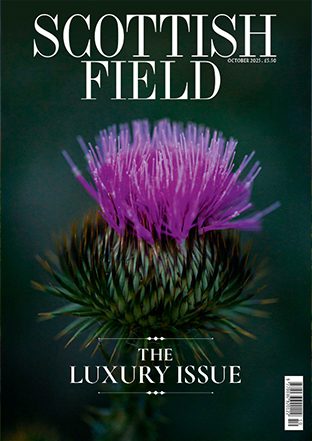A new book on a small town in the south of Scotland takes readers back into an almost forgotten era where people were far closer to the land and to each other.
Whithorn: An Economy of People by Julia Muir Watt is one of many books about Dumfries and Galloway being celebrated as part of the 20th Wigtown Book Festival from 21 to 29 September.
This year marks the 20th anniversary of the Dumfries and Galloway community receiving the honour, and the new book looks at life in nearby Whithorn, which features in the book as a poor Scottish rural community from 1920 to 1960.
Julia, the manager of the Whithorn Story visitor centre, wanted to catch the spirit of the final decades of a vanishing age – one where communities had distinctive identities and the limits of the world were often the distance you could walk or travel by cart in a day.
Her interviews with 29 local people about their lives between the 1920s and 1960 revealed a strong sense of place, community and interconnectedness.
Among those she spoke to were the poet Alastair Reid and the writer and editor Andrew McNeillie.
All sorts of ways were found to make ends meet whether it was early morning milk rounds or collecting animal skins to sell to furriers.
Julia said: ‘They had to work very hard to get by, and use every resource they had. That could mean two or three jobs, sending the children out to work, collecting blackberries or poaching.
‘Jessie McLean, who was 96 when I spoke to her, remembered going round the houses each morning before school and collecting up the rabbit skins for a penny each. She would hang them in a string around her neck.
‘If someone said she needn’t worry about the penny and could keep it she would be so happy she would dance with joy.
‘Whithorn was a very poor place but people didn’t think of themselves as being in poverty.’
The passage of time has changed the area almost beyond recognition. This has been a mixed blessing, with many people missing the sense of community that once existed, but few regretting massive improvements in areas such as housing.
Adrian Turpin, Wigtown Book Festival artistic director, added: ‘One of the great strengths of the Wigtown Book Festival is that it provides a chance to celebrate and share the work of people like Julia who do so much to record and preserve the region’s history and heritage.
‘In this case she has captured a moment of transition when mass transportation and communication was transforming communities which had previously been heavily insulated from the outside world – for better and for worse.’
Wigtown Book festival takes place in Scotland’s National Book Town from 21 to 29 September and involves a host of events and activities including theatre, film and music.
For full details of Wigtown Book Festival go to wigtownbookfestival.com.
TAGS

